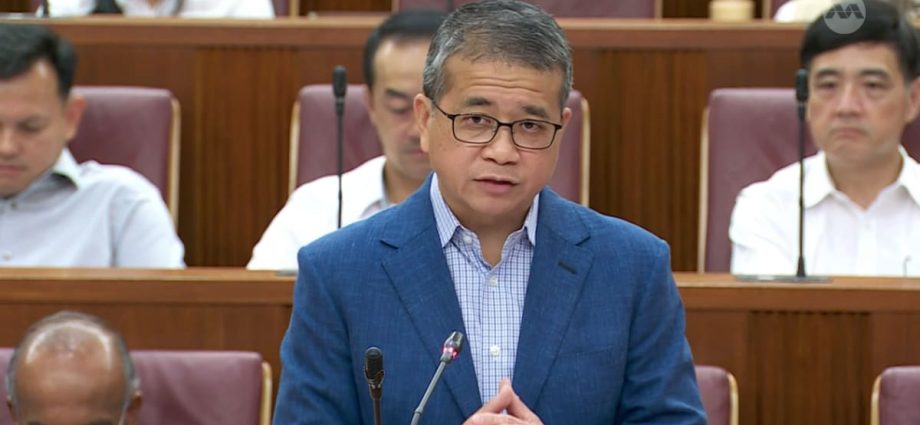
SINGAPORE: The People’s Association (PA) has identified three more instances where an “inappropriate practice of monies management” took place, after the Auditor-General’s Office (AGO) reported similar issues at two grassroots organisations.
After the AGO’s audit, the PA started conducting checks that were similar in scope and time period, said Minister for Culture, Community and Youth Edwin Tong in parliament on Wednesday (Aug 2).
“Thus far, we have identified three other cases in which similar inappropriate practice of monies management for welfare assistance schemes were adopted,” he said in response to parliamentary questions raised by Members of Parliament following the AGO’s report.
“In all of these cases, there was also no loss of funds,” he added, noting that the practices have since stopped.
Staff and volunteers have been counselled on the need to adhere strictly to governance processes, Mr Tong said, acknowledging challenges in administering schemes and other government programmes.
The PA is continuing to strengthen its internal governance and oversight of key processes, he said.
PA is a statutory board under the Ministry for Culture, Community and Youth, and has a network of more than 2,000 grassroots organisations.
AGO REPORT
For its report for the financial year 2022/2023, the AGO chose to audit welfare assistance schemes by PA for the period April 1, 2019 to May 31, 2022.
It found inappropriate money management practices at two grassroots organisations.
The first case concerned money for welfare distribution at festive events where, over more than three years, S$707,000 (US$528,000) was transferred to personal bank accounts so that staff could withdraw it for cash disbursements.
Money ranging from S$10,000 to S$200,000 was transferred over seven instances.
When auditing the disbursement procedure of the scheme, AGO found that a crossed cheque was issued to a staff member. The cheque was brought to the bank, processed and deposited into the staff member’s account.
Next, the staff member would withdraw the deposit amount in cash over the bank counter, accompanied by another staff member. A third staff member would verify that the money had been withdrawn.
“The standard procedure would have been to do all of the above, except one step, which is for the cheque to be an uncrossed one made out to the staff member, with the words ‘or bearer’ crossed out,” said Mr Tong.
“When the uncrossed cheque is brought to the bank, the cash would then be withdrawn immediately over the counter and retained by the staff concerned and then applied to the scheme for disbursement.”
He noted that the money withdrawn was duly checked and verified, and AGO found no evidence of loss or misappropriation.
“The staff concerned explained that it was thought that the additional step, in using the crossed cheque, was taken to better account for the money,” Mr Tong said.
The practice stopped once AGO flagged it during the audit.

